Structures that affect circulation - arterioles and vasomotor responses and venous return
By: HWC
Date Uploaded: 10/10/2019
Tags: homeworkclinic.com Homework Clinic HWC Structures that affect circulation arterioles and vasomotor blood flow. Vasoconstriction تضيق الأوعية venous return عائد وريدي cardiac output Blood volume Venous tone Skeletal muscle pumping Respiratory pumping
Attachments: image.png (50KB) image.png (47KB) image.png (8KB)
■ Small arteries and arterioles determine SVR. • Blood pressure drops significantly as blood passes through arterioles. • Decreasing arteriole radius and decreased wall elasticity are the main reasons for increased SVR. ■ Small changes in arteriole radius can cause large changes in resistance and blood flow. • Smooth muscle in the wall of an arteriole controls its radius. ■ Vasoconstriction: Smooth muscle in arteriole wall contracts, reducing vessel radius. ■ Vasoconstriction increases SVR and decreases local blood flow. ■ Vasodilation: Smooth muscle in arteriole wall relaxes, increasing vessel radius. • Vasodilation decreases SVR and increases local blood flow. • Venous return directly affects cardiac output. ■ Increased venous return leads directly to greater cardiac output whereas decreased return contributes to decreased output. ■ Venous return depends on: • Blood volume regulation by the kidneys. • Venous tone. • Skeletal muscle pumping. • Respiratory pumping. Venous return, the volume of blood flowing back to the heart through the systemic veins, occurs due to the pressure generated by contractions of the heart’s left ventricle Venous return is assisted by: Valves Respiratory pump Skeletal muscle pump Vascular Resistance (R) R is the opposition to blood flow due to friction between blood and the walls of blood vessels The higher the R, the smaller the blood flow R depends on: 1. Size of the blood vessel lumen 2. Blood viscosity 3. Total blood vessel length
Add To
You must login to add videos to your playlists.
Advertisement



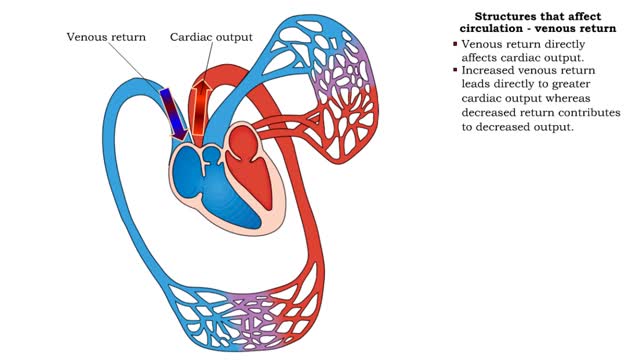
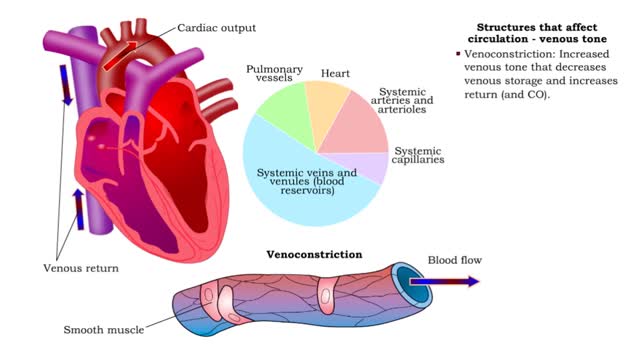
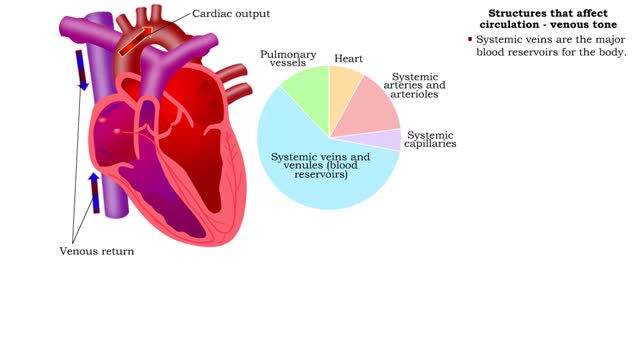
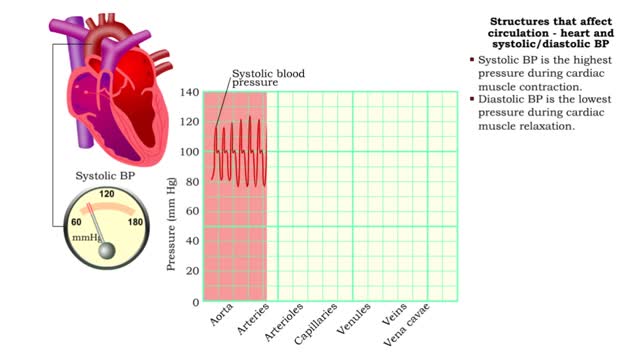
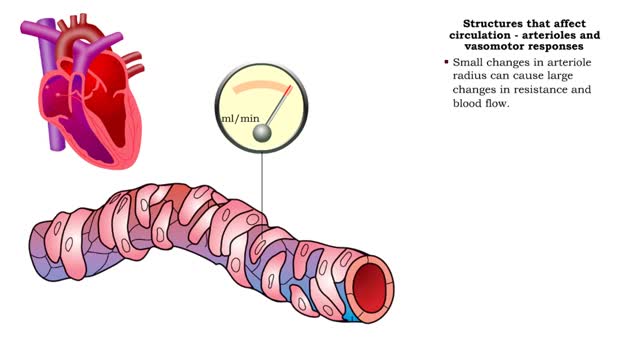
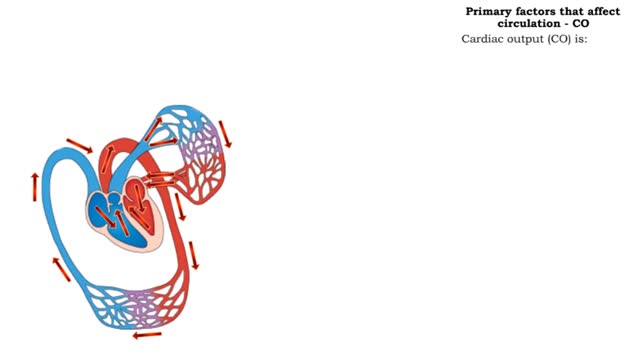
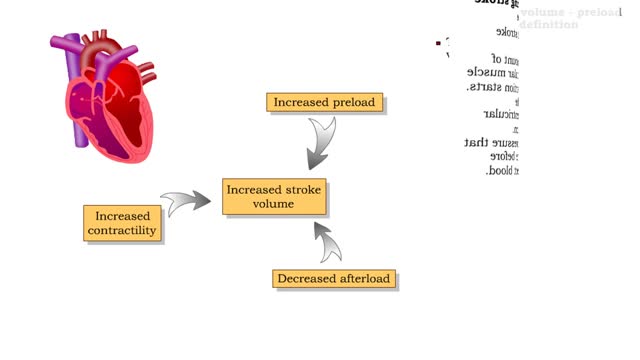
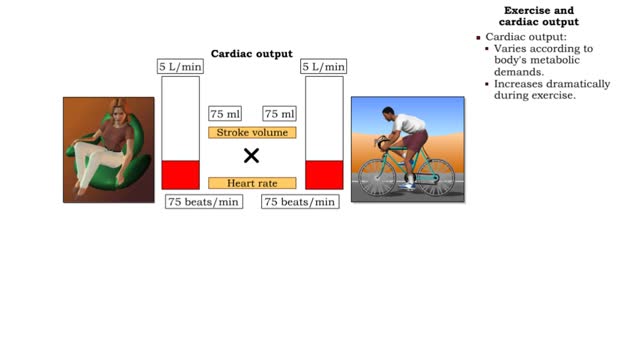
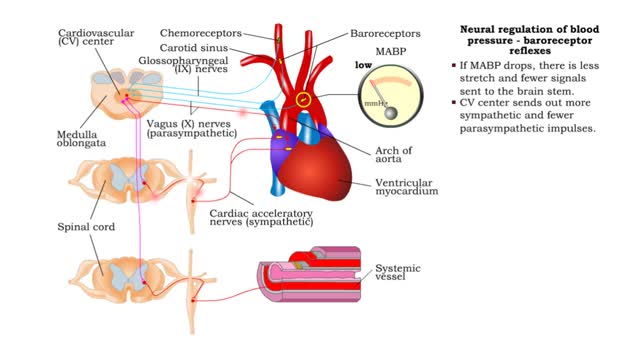
Comments
0 Comments total
Sign In to post comments.
No comments have been posted for this video yet.